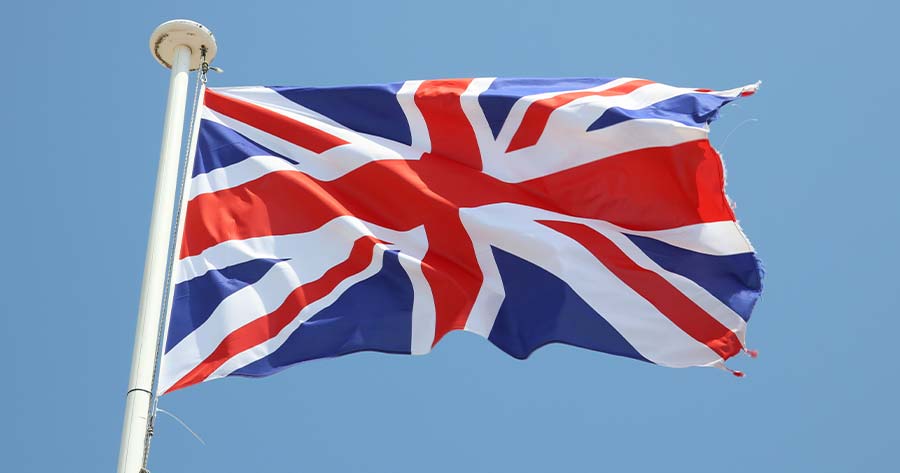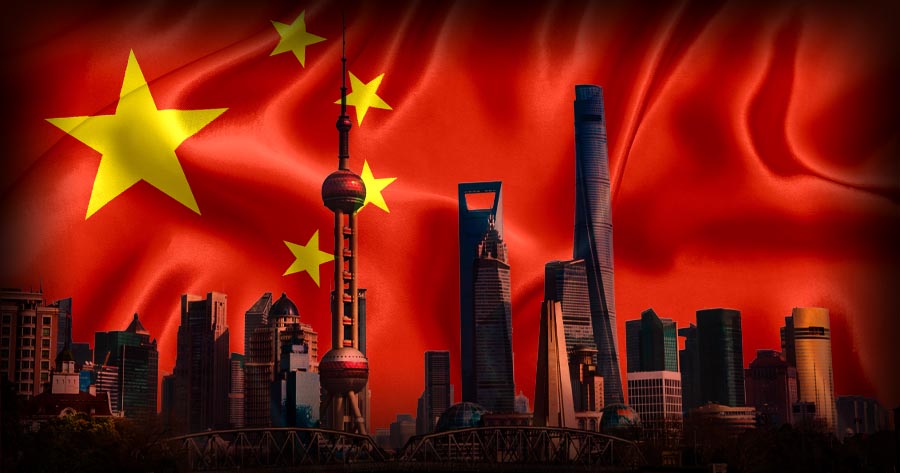Inflation in U.K. last month reached at highest annual rate since 1982 putting pressure on the economy that has been struggling to tame down inflation.
According to the National Statistics on Wednesday, consumer price inflation hit 9% in April. The figure surpassed the peaks of the early 1990s recession that many Britons remember for sky-high interest rates and widespread mortgage defaults.
Britain now has the highest inflation rate of Europe’s five biggest economies and almost certainly the Group of Seven countries, with Canada and Japan yet to report figures for April. Neither are likely to match Britain’s price growth.
“We cannot protect people completely from these global challenges but are providing significant support where we can, and stand ready to take further action,” Sunak said.
Inflated energy bills were the biggest driver of inflation, reflecting last month’s increase in regulated energy tariffs.
“As the price of essentials like food and energy continue to soar, the Chancellor’s (finance minister’s) inaction will make an already desperate situation for many even worse,” Rebecca McDonald, senior economist at the Joseph Rowntree Foundation which campaigns on behalf of lower-income households, said.
Food prices rose by nearly 7% in the 12 months to April, the ONS said.
Meanwhile, the BoE’s forecast show inflation would top 10% later this year and investors expect it will add to the four interest rate increases it has implemented since December and which have taken its Bank Rate to 1%, its highest since 2009.
“Things are going to get worse before they get better,” said Paul Dales, chief UK economist at Capital Economics consultancy of Wednesday’s data.





